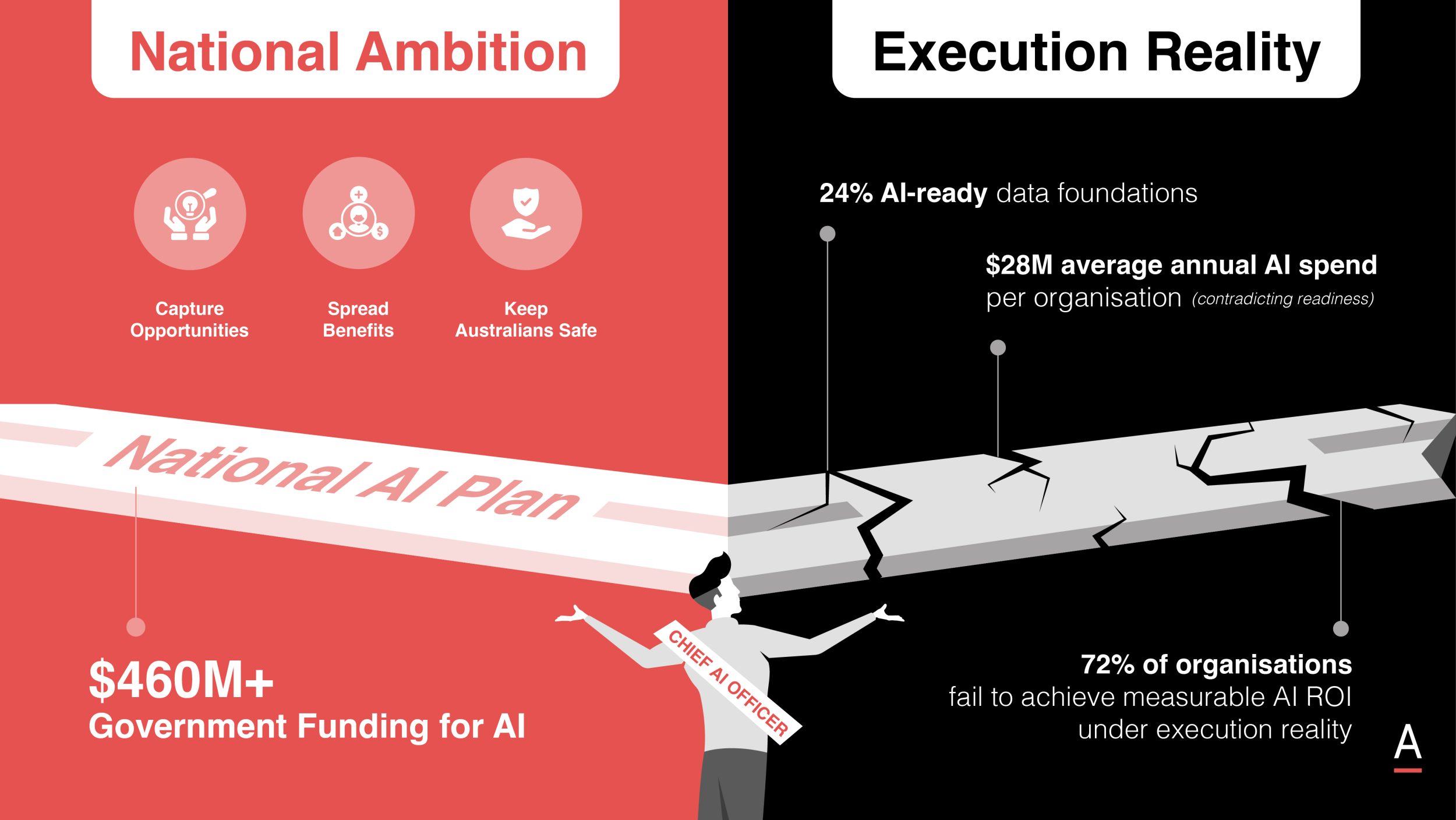Revolutionising Legal Services with AI: Slater & Gordon Lawyers Shifts Towards Data-Driven Law
During an interview at Data & AI Edge, Dhivian Govender, Head of Digital Data & Analytics at Slater & Gordon Lawyers, offered a compelling glimpse into the future of legal services driven by innovative data solutions.How can traditional legal services evolve with the power of AI and data analytics?
During an interview at ADAPT’s Data & AI Edge, Dhivian Govender, Head of Digital Data & Analytics at Slater & Gordon Lawyers, offered a compelling glimpse into the future of legal services driven by innovative data solutions.
Crafting a Holistic Data Strategy
Dhivian’s approach to data is both practical and story-driven.
He said data must be viewed holistically to make better decisions, drawing an analogy from his personal experience in South Africa.
In the legal sector, data quality is a pressing challenge, and Dhivian believes that collaboration with end users is key to identifying and fixing data quality issues.
By working closely with the business, organisations can define their “crown jewels” and ensure data is accurate and reliable.
Building a Data-Driven Culture
Creating a data-driven culture within a traditional industry like law requires strategic thinking and patience.
Dhivian stressed the need for organisational awareness and understanding, highlighting that it takes time to balance priorities effectively.
Engaging end users in the process, providing proof of concept, and demonstrating tangible benefits are essential steps in fostering a data-driven mindset.
In his previous roles, Dhivian successfully implemented machine learning models to optimise debt collection processes, showing the potential of AI in driving efficiency and innovation.
Ensuring Ethical Use of Data
With the increasing focus on AI, managing expectations and ensuring ethical data usage are paramount.
Dhivian spotlighted the importance of strong governance frameworks to protect client data and maintain trust.
He highlighted that doing the right thing for the customer involves making their journey as frictionless as possible while being mindful of privacy concerns.
Implementing robust data usage policies and capturing customer consent are crucial in striking the right balance between innovation and ethical responsibility.
Key Takeaways:
Holistic Data Strategy: View data holistically to identify and address quality issues, ensuring accurate and reliable information.
Data-Driven Culture: Engage end users, provide proof of concept, and demonstrate tangible benefits to foster a data-driven mindset.
Ethical Data Use: Implement strong governance frameworks and data usage policies to protect client data and maintain trust.






























